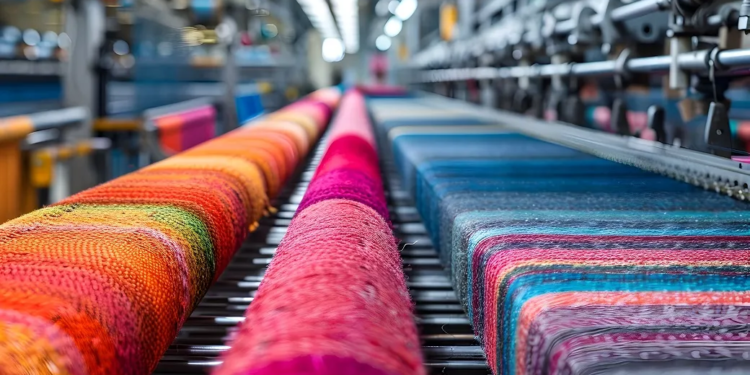With a struggling economy and high unemployment rates in the country, Kenya must urgently rebuild its manufacturing industry. The textile sector is an area we can focus on to drive economic growth, create jobs, and reduce reliance on imported second-hand clothing, which continues to undermine local production. Historically, the textile sector was a powerhouse, employing 30.0% of the manufacturing workforce in the 1980s, but by 2025, it will operate way below its capacity, according to the Kenya National Bureau of Statistics. The influx of mitumba imports, valued at KES 40.2 billion in 2024, has completely crippled domestic production in Kenya. Reviving this sector could create numerous direct jobs and engage millions of Kenyans in cotton farming, boosting rural economies and supporting the government’s Bottom-Up Economic Transformation Agenda as per projections by Statista in 2024.
A revitalized textile industry could boost Kenya’s export potential and help address us address persistent trade deficits in the country. The imbalance which majorly stems from Kenya’s heavy reliance on imported goods, emphasizing the need to strengthen domestic industries like textiles to reverse this trend.
Kenya can fully exploit privileges under the African Growth and Opportunity Act (AGOA) to increase her exports, which can only be possible with an increase in local production as seen in Ethiopia, where textile exports reached USD 1.2 billion in 2022 through industrial parks which were supported by the government. Locally manufactured clothes are often more competitively priced for export markets than mitumba, which faces import huge duties that could be redirected to support domestic industries in Kenya like Rivatex and Kicomi to create jobs locally
Beyond economics, reviving the industry aligns with environmental and social goals. Mitumba imports contribute to textile waste polluting areas like the Nairobi River, unlike in local textile industry where we can adopt sustainable practices, such as organic cotton farming. Government initiatives like the Buy Kenya Build Kenya campaign and tax incentives for local manufacturers can also drive this revival, while investments in factories and training programs can rebuild the skilled workforce, helping Kenya regain its industrial heritage, reduce the current dependence on imports, and build its economic future















